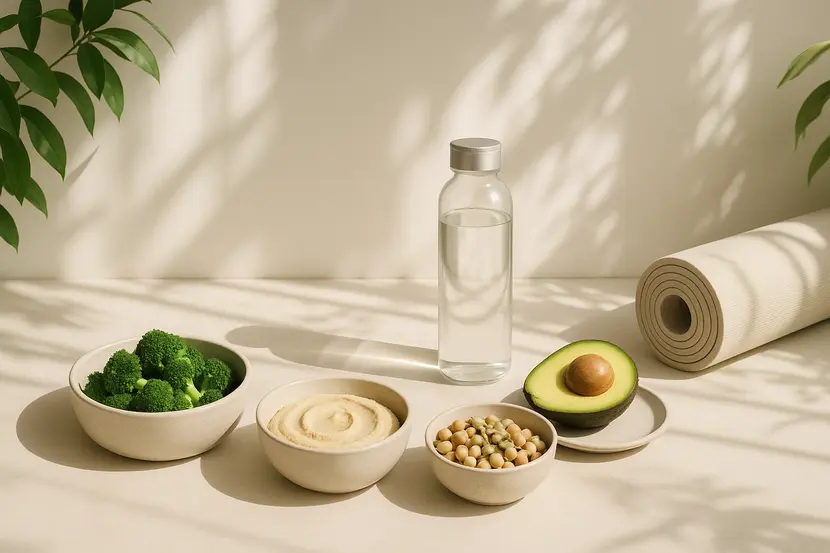How to Improve Blood Flow Through Simple Daily Habits
Proper blood circulation helps the body deliver oxygen and nutrients, supports organ function, and maintains normal energy levels. When circulation feels slow, some individuals may experience fatigue, swelling, cold hands or feet, or general discomfort. Even simple daily routines can
Read More










